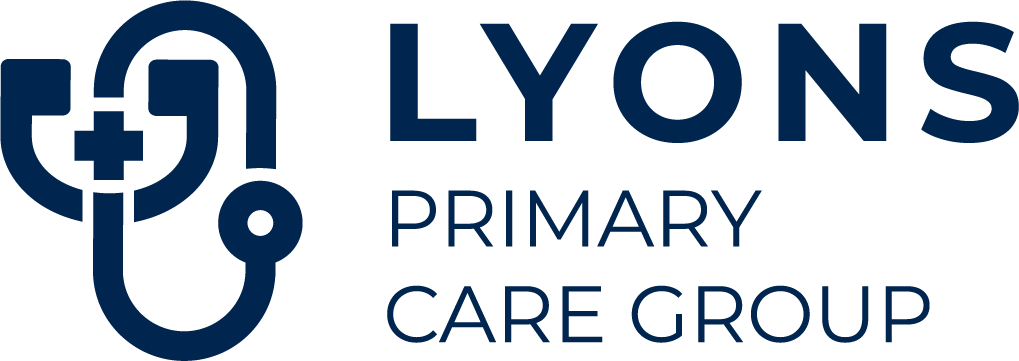POSTPARTUM DEPRESSION
Lyons Primary Care Group's postpartum depression (PPD) treatment plans are tailored to your symptoms and goals. Our services are designed to help you regain emotional balance and improve your mental well-being.
SECTION CONTENT
Overview
Recommended Reading
Treatment
-
Postpartum depression is a mental health condition that affects many new parents within weeks or months after childbirth. Symptoms like sadness, fatigue, irritability, anxiety, and trouble bonding with your baby can make life overwhelming. Without treatment, PPD can affect your ability to care for yourself and your child and may lead to issues like sleep disorders, chronic stress, and a weakened immune system.
-
Each year, countless individuals face the challenges of PPD, often navigating its emotional and physical toll while adjusting to parenthood. Research shows that a combination of hormonal changes, personal history, and environmental factors can intensify PPD symptoms, impacting overall well-being. PPD is often associated with other health conditions, such as:
Anxiety Disorders Postpartum depression frequently overlaps with anxiety, manifesting as heightened worry, panic attacks, or obsessive thoughts about your baby’s safety.
Sleep Disturbances Sleep deprivation is common for new parents, but PPD can make falling or staying asleep even harder, even when your baby is resting.
Fatigue Persistent exhaustion, beyond the expected tiredness of new parenthood, can worsen depression symptoms.
Difficulty Bonding PPD may make it challenging to connect emotionally with your baby or feel joy in caregiving.
Appetite Changes Many individuals with PPD experience either a loss of appetite or overeating as a way to cope.
Physical Symptoms Chronic stress from PPD can manifest as headaches, body aches, or digestive issues.
Cognitive Impairment PPD can affect memory, focus, and decision-making, making daily tasks feel overwhelming.
Treatment for postpartum depression varies depending on the severity of symptoms. Providers may recommend therapy, support groups, lifestyle changes, or, in some cases, medications to help parents find relief and improve their quality of life.
-
Treating postpartum depression often involves a combination of approaches. Our providers will assess your symptoms and recommend the most effective treatments, including:
Therapy and Counseling: Methods like Cognitive Behavioral Therapy (CBT) and Interpersonal Therapy (IPT) can address the causes of PPD and provide coping strategies.
Support Systems: Building support through parenting groups, partner involvement, and family can help reduce isolation and overwhelm.
Lifestyle Changes: Improving sleep, practicing mindfulness, eating well, and gentle exercise can aid emotional recovery.
Medications: In some cases, antidepressants like SSRIs (e.g., sertraline or fluoxetine) may be recommended to manage symptoms. These are often safe for breastfeeding, and our team will help you weigh the benefits and risks.
At Lyons Primary Care Group, we’re here to help you navigate postpartum depression and create a treatment plan focused on your recovery as you embrace parenthood.
-
Suicide Prevention
If you or someone you know is struggling with self-harm or suicidal thoughts, help is available. Call the National Suicide Prevention Lifeline at 988 or 1-800-273-TALK (8255) for confidential support 24/7. You’re not alone—someone is always ready to listen.
This content has been reviewed by our health care specialists for education and is not a substitute for medical advice. Consult your provider with any questions.

